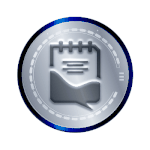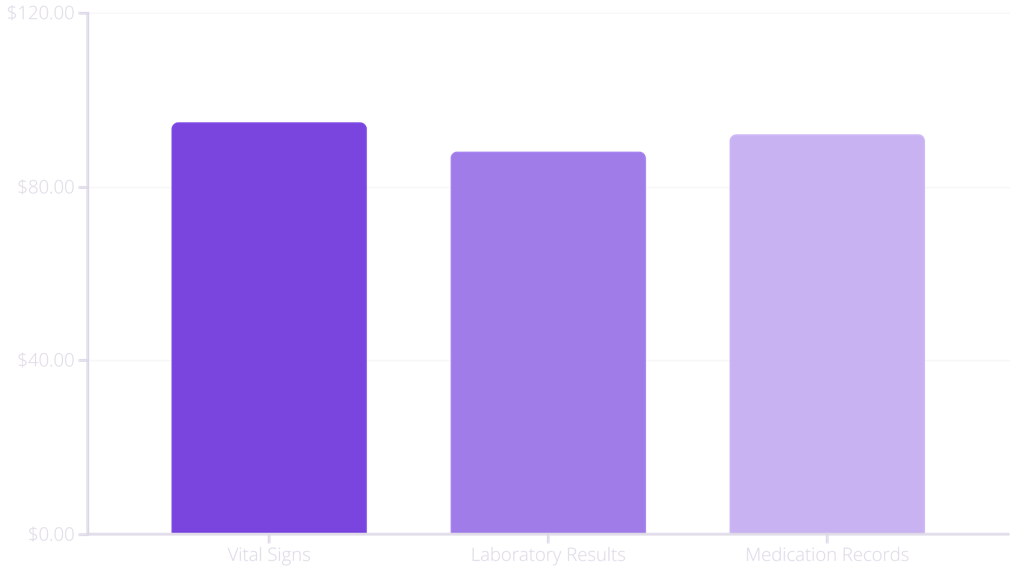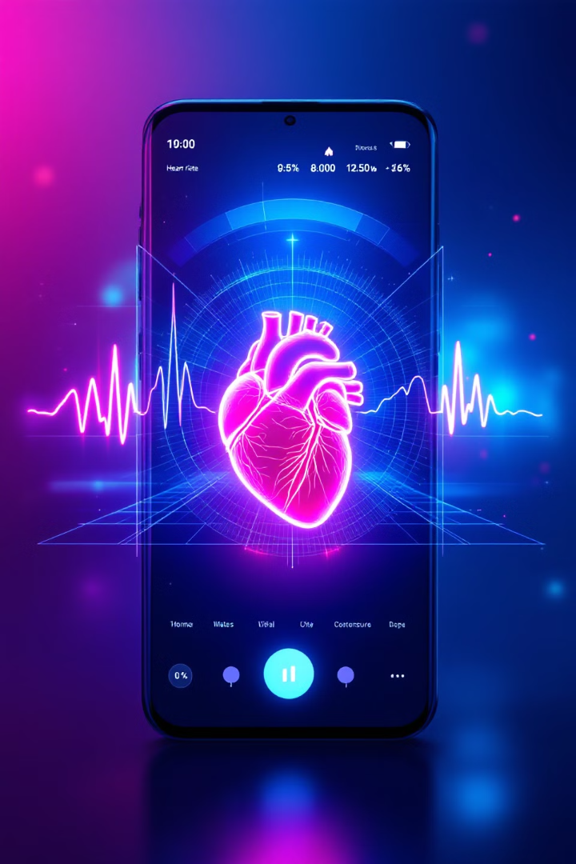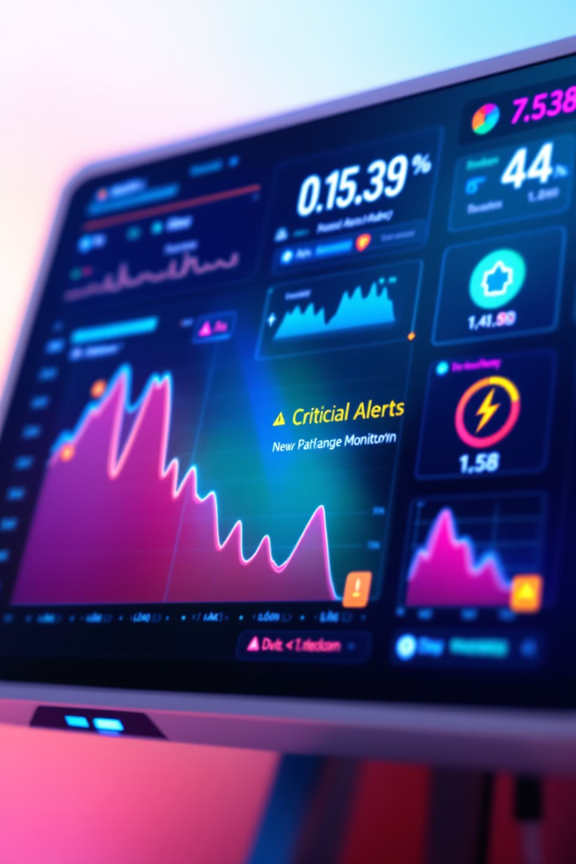
Patient Monitoring and Management System (PMMS)
Revolutionize healthcare with our cutting-edge Patient Monitoring and Management System. Seamlessly track patient data, automate medical workflows, and deliver personalized care for improved outcomes.
What is PMMS?
Patient Monitoring Devices

Patient monitoring devices are the cornerstone of the PMMS, providing real-time data on a patient’s vital signs, activity levels, and other critical health metrics. These advanced, user-friendly devices seamlessly integrate with the PMMS to enable continuous monitoring and early intervention.
From wearable sensors to bedside monitors, the PMMS leverages the latest technology to give clinicians a comprehensive view of a patient’s condition, helping them make informed decisions and deliver high-quality, personalized care.
Continuous Patient Monitoring
Data Integration and Analytics
Seamlessly integrating data from various patient monitoring devices and EMRs is crucial for the PMMS. Advanced analytics capabilities allow the system to identify trends, detect anomalies, and generate valuable insights to support clinical decision-making.

Nurse Workstations and Dashboards

Nurse workstations integrate real-time patient data from monitoring devices, labs, and other sources, providing a comprehensive view of each patient’s condition. Intuitive dashboards display critical metrics, trends, and alerts to support rapid decision-making and timely interventions.
Customizable layouts, smart filtering, and predictive analytics empower nurses to efficiently manage patient caseloads and proactively address emerging issues.
Automated Alerts and Notifications
Clinical Decision Support
Improving Patient Outcomes
Enhancing Operational Efficiency
Scalability and Flexibility
Ensuring Data Security and Privacy

Regulatory Compliance and Standards
Implementation Considerations
Implementing a Patient Monitoring and Management System (PMMS) requires a thoughtful and comprehensive approach. Key considerations include effective change management strategies, seamless technical integration with existing hospital infrastructure, and strict adherence to regulatory requirements around healthcare data privacy and security.












